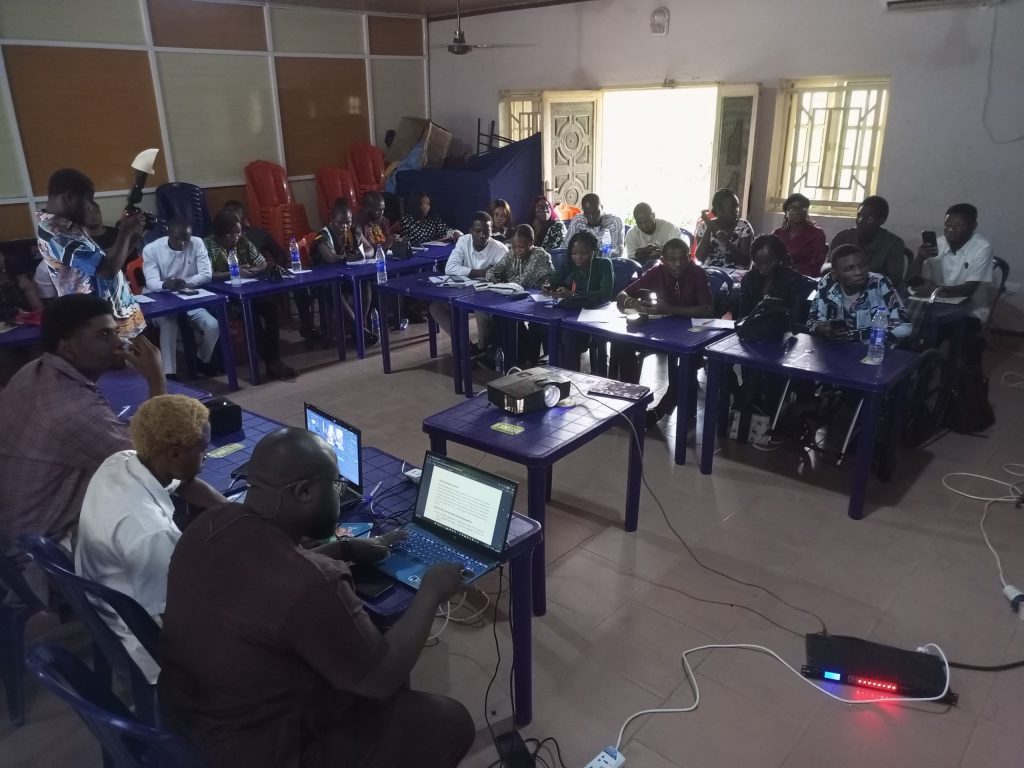Lawrence Nwimo, Awka
The MIL Intercultural Dialogue Foundation, MILID, a not-for-profit organisation, has empowered youths in the South-East region with critical information literacy skills to combat misinformation and gender-based violence (GBV).
The workshop themed: “MIL in Youths Organisations,” was held in collaboration with United Nations Educational, Scientific and Cultural Organisation (UNESCO) in Awka, Anambra State capital.
The event, which commenced on Wednesday, had over 30 youths from diverse youth-led organisations and social media influencers across the region.
Participants underwent intensive training sessions, where they learnt how to critically evaluate information, identify biases, and recognise the warning signs of misinformation.
According to the MILID Executive Director, Chiamaka Okafor, the programme is designed to empower youths with the skills and knowledge needed to navigate the complex information landscape and make informed decisions.
“Our work is focused on media and information literacy for all. The targeted intervention aims to increase MIL knowledge, awareness, capacities and competencies among the beneficiaries as well as improve their ability to integrate it into their policies, strategies and operations.”
Okafor said the selection of Anambra as the host state for the programme was driven by the upcoming governorship election, which she said makes it crucial and urgent to empower young people in the state and neighboring areas.
She further said that the aim was to equip youths with the necessary skills to navigate the impending political season, which, according to her, is expected to be characterised by politically motivated disinformation.
Representative of UNESCO, Yachat Nuhu, during her presentation, said the target was to equip the youths with the skills for peace, solidarity, respect for human rights as well as build their capacities on intercultural and interreligious dialogue that aligned with the goals of her organisation.
Nuhu, who is the Officer-in-Charge of Communication & Information, UNESCO, emphasised that citizens need to understand critically how to interpret information that they receive, including the use of metaphors, irony, and the way the stories and events are framed to have certain meanings.
Dr. Chido Onumah, Co-Founder of MILID Foundation, during his lecture on “MIL and Democracy” stressed that MIL is crucial for democracy, as it empowers citizens to access and use information effectively, protecting rights like freedom of information and expression.
He urged participants to apply their newfound knowledge to their works to address societal anomalies and combat misinformation, which he described as a major challenge of the present century.
In her lecture, “Addressing Gender-Based Violence in South-East Nigeria: The Role of Media and Information Literacy,” a lecturer at Madonna University, Associate Professor Ngozi Morah, gave an alarming statistics on gender-based violence (GBV) in the South-East region, noting that 28 percent of women in the area experience physical violence, while 11% report sexual violence.
Morah emphasised that cultural norms perpetuate GBV, highlighting the urgent need for media and information literacy interventions to address the critical issue.
Earlier in their respective remarks, the first female professor of Mass Communication in Nigeria and Sub-Saharan Africa, Professor Stella Okunna, and former HoD of Mass Communication Department, UNIZIK, Prof Chinwe Uzochukwu, praised the workshop’s timeliness, noting that it addresses the pressing issue of information disorder currently affecting society.

